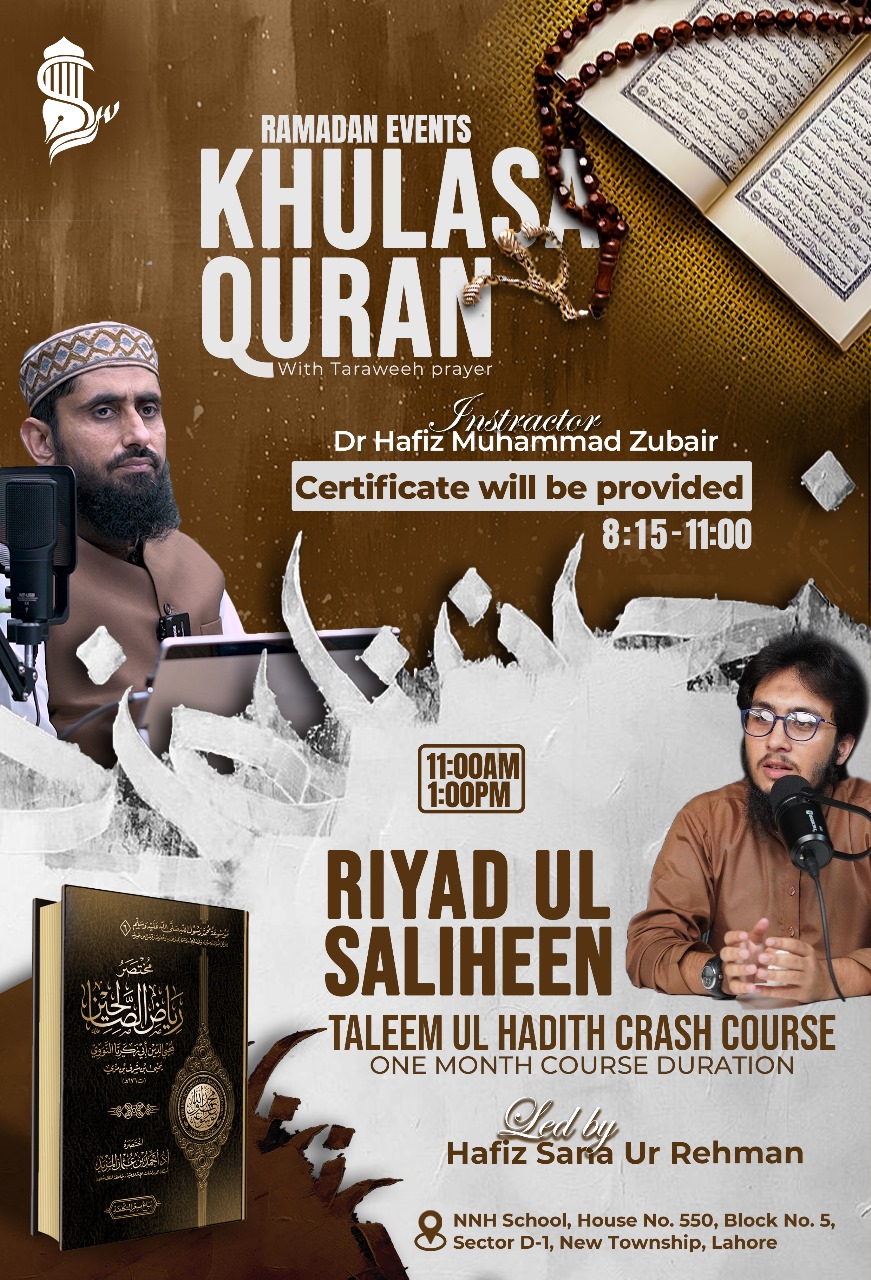Means of Self-Purification in the Mystical (Tasawwuf) Traditions
There are two major opinions prevalent among Muslims about Tasawwuf (mysticism): one that suggests that it is the basic facet of Islam while other implies that it is an alienated Din (code of life) parallel to Islam. In this article, numerous mystical ways of attaining purity of the self (nafs) are discussed. Moreover, it entails the impact that the numerous methods employed in the Mystical traditions have on one's self and the role that they play in the purification process. A discussion on mystical means such as Muraqabah (meditation), Sina (listening to mystical poetry and music), Wajd (ecstasy), Fana' (evanescence of abhorred characteristics), Baqa' (persistence of praiseworthy characteristics), abstinence from the worldly affairs (asceticism), Mubashshirat (bearer of glad tidings) , karamat (miracles) and mystical literature, cover a significant portion of the article. Similarly, it also includes a discussion on the status of the methods involved, in the eyes of Islamic Law and Salaf (righteous predecessors).
There are two major opinions prevalent among Muslims about Tasawwuf (mysticism): one that suggests that it is the basic facet of Islam while other implies that it is an alienated Din (code of life) parallel to Islam. In this article, numerous mystical ways of attaining purity of the self (nafs) are discussed. Moreover, it entails the impact that the numerous methods employed in the Mystical traditions have on one's self and the role that they play in the purification process. A discussion on mystical means such as Muraqabah (meditation), Sina (listening to mystical poetry and music), Wajd (ecstasy), Fana' (evanescence of abhorred characteristics), Baqa' (persistence of praiseworthy characteristics), abstinence from the worldly affairs (asceticism), Mubashshirat (bearer of glad tidings) , karamat (miracles) and mystical literature, cover a significant portion of the article. Similarly, it also includes a discussion on the status of the methods involved, in the eyes of Islamic Law and Salaf (righteous predecessors).
